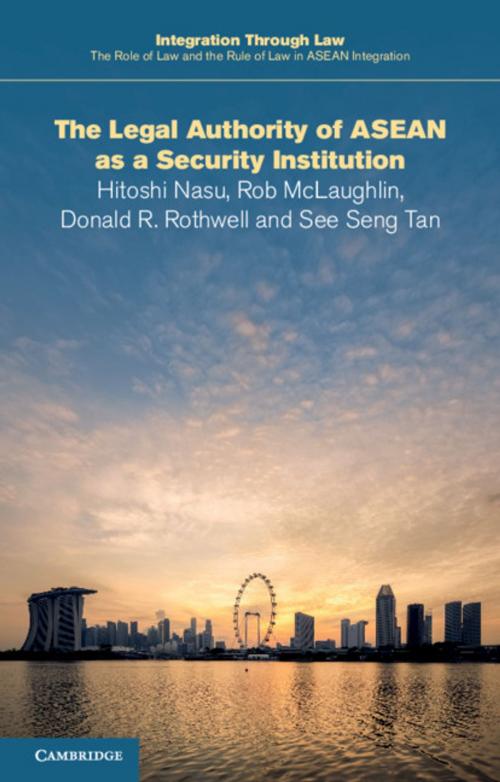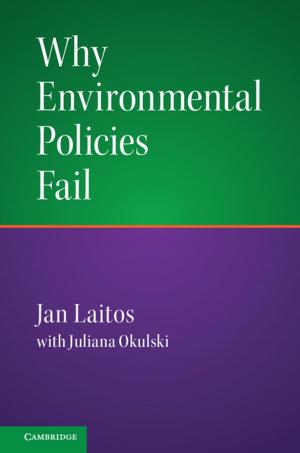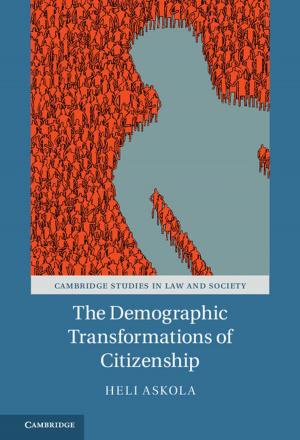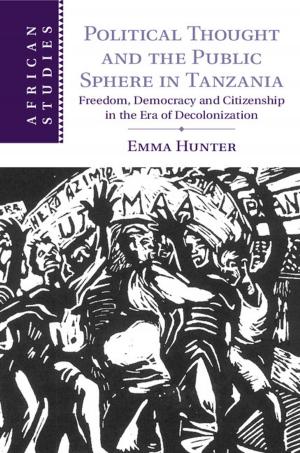The Legal Authority of ASEAN as a Security Institution
Nonfiction, Reference & Language, Law, Comparative, International| Author: | Hitoshi Nasu, Rob McLaughlin, Donald R. Rothwell, See Seng Tan | ISBN: | 9781108670173 |
| Publisher: | Cambridge University Press | Publication: | April 30, 2019 |
| Imprint: | Cambridge University Press | Language: | English |
| Author: | Hitoshi Nasu, Rob McLaughlin, Donald R. Rothwell, See Seng Tan |
| ISBN: | 9781108670173 |
| Publisher: | Cambridge University Press |
| Publication: | April 30, 2019 |
| Imprint: | Cambridge University Press |
| Language: | English |
The Association of Southeast Asian Nations (ASEAN) has achieved deeper regional market integration to lay a socio-economic foundation for the development of a regional community, yet inter-state trust is by no means assured as Southeast Asian nations remain steadfast in maintaining their political regime stability against external interference. However, through its institutional practices, ASEAN has emerged as a distinct model of security institution, while the region's contemporary security landscape has diversified with various non-traditional security issues. By looking beyond the veneer of diplomacy and prevailing political circumstances, this book examines the legal nature and form of ASEAN's authority to address diverse regional security issues. It provides a fresh perspective on ASEAN's role as a security institution. With an interdisciplinary analysis, this book reveals the normative role that ASEAN plays in facilitating the processes of norm development, localisation and internalisation as it deals with contemporary security challenges confronting Southeast Asia.
The Association of Southeast Asian Nations (ASEAN) has achieved deeper regional market integration to lay a socio-economic foundation for the development of a regional community, yet inter-state trust is by no means assured as Southeast Asian nations remain steadfast in maintaining their political regime stability against external interference. However, through its institutional practices, ASEAN has emerged as a distinct model of security institution, while the region's contemporary security landscape has diversified with various non-traditional security issues. By looking beyond the veneer of diplomacy and prevailing political circumstances, this book examines the legal nature and form of ASEAN's authority to address diverse regional security issues. It provides a fresh perspective on ASEAN's role as a security institution. With an interdisciplinary analysis, this book reveals the normative role that ASEAN plays in facilitating the processes of norm development, localisation and internalisation as it deals with contemporary security challenges confronting Southeast Asia.















